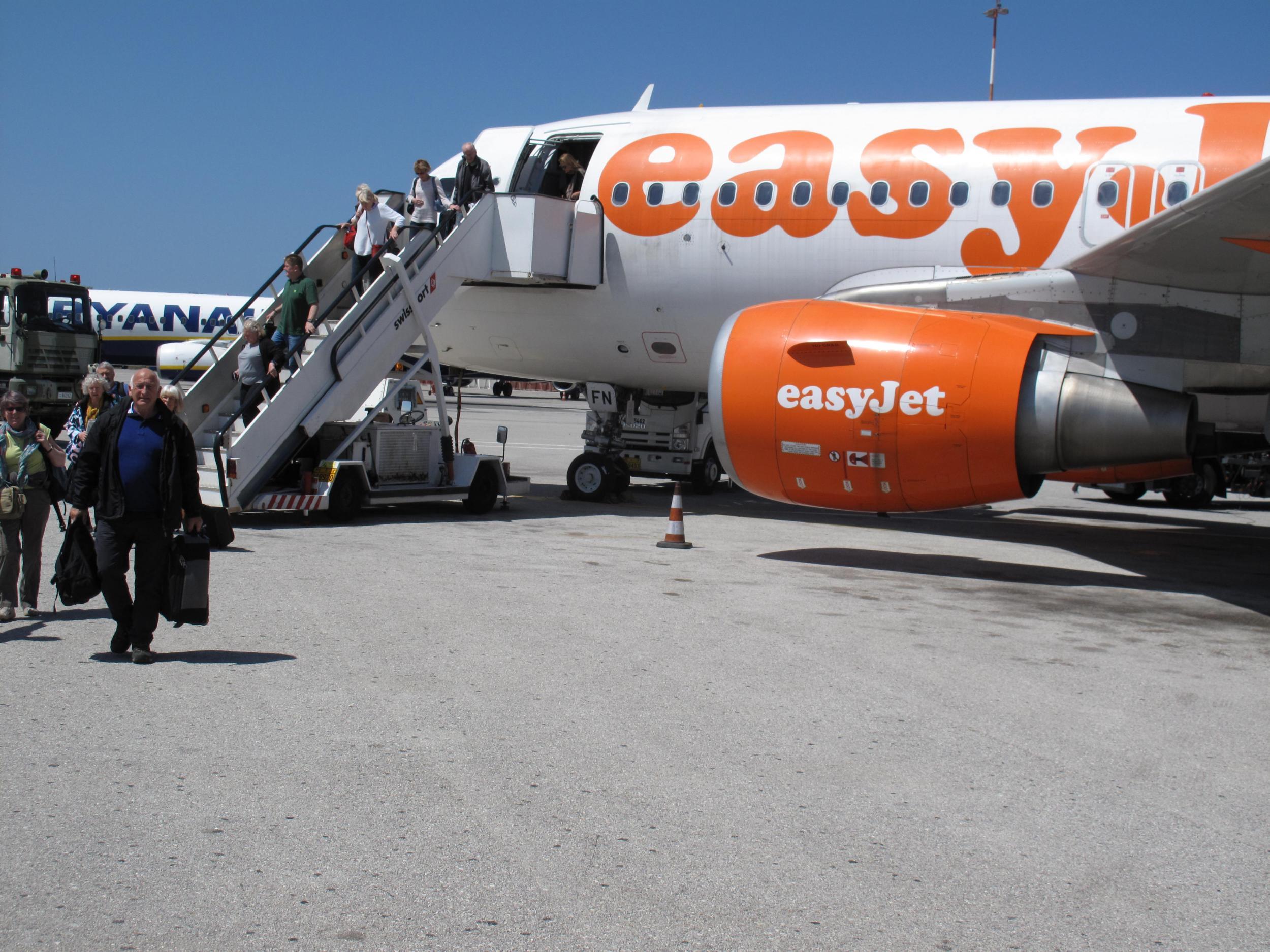EasyJet: the biggest challenges faced by airline's new CEO, Johan Lundgren
'TUI, Johan Lundgren’s former employer, was top dog; easyJet is firmly in second place among budget airlines in Europe'

As with Premier League football coaches, so with UK airline bosses: they are often imported. Johan Lundgren (Swedish, easyJet) joins Alex Cruz (Spanish, British Airways) and Christine Ourmieres-Widener (French, Flybe) at the UK airline chief executives’ top table.
All of them face similar issues: Brexit, and the many uncertainties of what leaving the EU could mean for Europe’s leading aviation power; Ryanair, which despite its “pilotgate” crewing problems is continuing to expand through the winter to become even more dominant; and taxation, which penalises passengers flying from and, especially, within the UK far more than those departing from other countries.
But easyJet’s new chief executive faces some additional concerns.
Slots at the airline’s main base, Gatwick, are becoming ever more scarce. The ruling that Monarch’s unused slots cannot be sold, but must instead be placed into a pool for distribution, is negative rather than positive for easyJet. It could have splashed out a few tens of millions to bolster its position at the Sussex airport. Instead, while it will doubtless pick up a few slots in the Monarch carve-up, priority will be given to new entrants.
Despite the disappearance of a rival with the demise of Monarch, competition remains intense. While easyJet is the prime beneficiary of the 20,000 Ryanair flight cancellations this winter, because it removes competition on some key routes, the Irish airline remains more of a threat to easyJet than it is to most. Ryanair is building up “primary” airports such as Rome Fiumicino, Venice Marco Polo, Amsterdam Schiphol and Barcelona El Prat. TUI, Mr Lundgren’s former employer, was top dog; easyJet is firmly in second place among budget airlines in Europe.
While he was in charge of mainstream package holidays at TUI, Mr Lundgren will have watched the quiet rise of Jet2 to challenge Thomas Cook as the UK’s number two tour operator. Its expansion in the south has surprised many. Norwegian, an easyJet partner worldwide, remains a rival in Europe. And despite easyJet’s shrewd move in taking over Air Berlin’s operation in the German capital, Lufthansa has been strengthened even more with the failed airline’s assets.
But top of the risk register at the big orange hangar at Luton airport is Brexit. While easyJet has set up an Austrian subsidiary to allow it to continue to fly within Europe, and the Government maintains it is seeking a replica of the current open skies agreements, no-one actually knows what will happen after 11pm GMT on Friday 29 March 2019. Some in the EU27 will seek to use Brexit to overcome the dominance in aviation of the UK. And if the British economy is badly damaged in the departure, demand for air travel will dwindle.
Mr Lundgren is set for interesting times.
Subscribe to Independent Premium to bookmark this article
Want to bookmark your favourite articles and stories to read or reference later? Start your Independent Premium subscription today.

Join our commenting forum
Join thought-provoking conversations, follow other Independent readers and see their replies